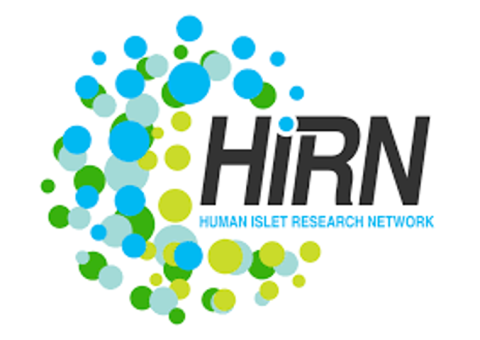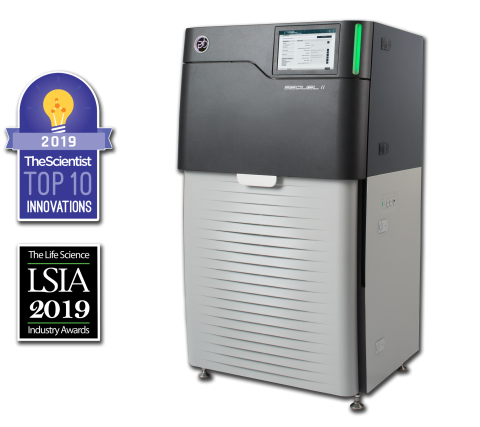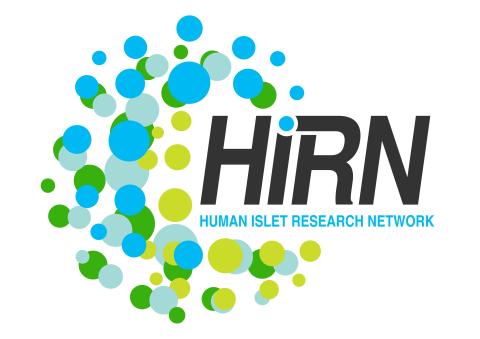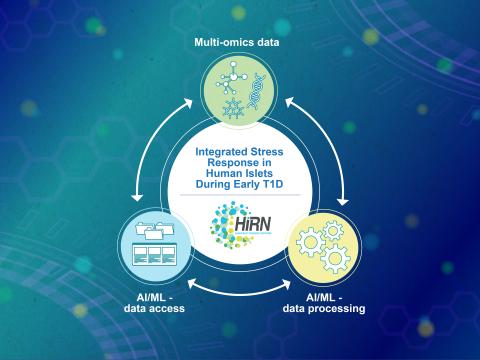Last updated on 2024-02-11T22:41:43+00:00 by LN Anderson Interferon Experiment IFNaHUH001 The purpose of this experiment was to evaluate the human host cellular response to treatment with and without interferon alpha/beta (IFNα/β) treatment. Sample time course data was obtained from human hepatoma...
Filter results
Category
- (-) Human Health (102)
- (-) National Security (22)
- (-) Computational Mathematics & Statistics (7)
- (-) Ecosystem Science (4)
- (-) Distribution (2)
- Scientific Discovery (311)
- Biology (202)
- Earth System Science (138)
- Integrative Omics (72)
- Microbiome Science (44)
- Computational Research (25)
- Computing & Analytics (15)
- Chemistry (10)
- Energy Resiliency (10)
- Data Analytics & Machine Learning (9)
- Materials Science (7)
- Visual Analytics (6)
- Chemical & Biological Signatures Science (5)
- Renewable Energy (5)
- Weapons of Mass Effect (5)
- Atmospheric Science (4)
- Coastal Science (4)
- Data Analytics & Machine Learning (4)
- Plant Science (3)
- Cybersecurity (2)
- Electric Grid Modernization (2)
- Energy Efficiency (2)
- Energy Storage (2)
- Grid Cybersecurity (2)
- Solar Energy (2)
- Bioenergy Technologies (1)
- Computational Mathematics & Statistics (1)
- Grid Analytics (1)
- High-Performance Computing (1)
- Subsurface Science (1)
- Terrestrial Aquatics (1)
- Transportation (1)
- Wind Energy (1)
Tags
- Virology (77)
- Immune Response (51)
- Time Sampled Measurement Datasets (50)
- Differential Expression Analysis (46)
- Gene expression profile data (45)
- Homo sapiens (34)
- Mass spectrometry data (30)
- Multi-Omics (28)
- Health (23)
- Virus (23)
- Viruses (23)
- MERS-CoV (18)
- Mus musculus (18)
- West Nile virus (13)
- Influenza A (11)
- Ebola (9)
- Microarray (7)
- Omics (7)
- Human Interferon (6)
- Machine Learning (6)
- Omics-LHV Project (6)
- Resource Metadata (6)
- Type 1 Diabetes (6)
- Autoimmunity (5)
- Synthetic (5)
- Biomarkers (4)
- Molecular Profiling (4)
- Predictive Modeling (4)
- Processed Data (4)
- Proteomics (4)
Last updated on 2024-02-11T22:41:43+00:00 by LN Anderson Interferon Experiment IFNMVE001 The purpose of this experiment was to evaluate the human host interferon-stimulated cellular response to interferon alpha/beta (IFNαβ) or gamma (INFγ) treatment. Sample data was obtained from primary lung...
Category
Last updated on 2024-02-11T22:41:43+00:00 by LN Anderson Interferon Experiment IFNFB001 The purpose of this experiment was to evaluate the human host cellular response to interferon alpha/beta (IFNα/β) or interferon gamma (IFNγ) treatment. Sample data was obtained from primary human lung fibroblast...
Category
Last updated on 2024-02-11T22:41:43+00:00 by LN Anderson Interferon Experiment IFNaIHH001 The purpose of this experiment was to evaluate the host interferon-stimulated cellular response to interferon alpha (IFNα) treatment. Sample data was obtained from human immortalized human hepatocyte cells (IHH...
Category
Last updated on 2024-02-11T22:41:43+00:00 by LN Anderson Interferon Experiment IFNaCL001 The purpose of this experiment was to evaluate the host interferon-stimulated cellular response to interferon alpha (IFNα) treatment. Sample data was obtained from human lung adenocarcinoma cells (Calu-3)...
Category
This data was generated by the organization IvySys. Activities can be phone calls, transactions, or any other type of communications. Most of the files are of the type .edges, .rdf, or .csv; but all can be opened in a text editor. A good introduction to this data can be found in \Tutorial1\MAA...
Category
The Human Islet Research Network (HIRN) is a large consortia with many research projects focused on understanding how beta cells are lost in type 1 diabetics (T1D) with a goal of finding how to protect against or replace the loss of functional beta cells. The consortia has multiple branches of...
Category
Datasets
1
Predictive Phenomics is addressing the grand challenge of understanding and predicting phenotype by identifying the molecular basis of function and enable function-driven design and control of biological systems .
Category
Datasets
1
Human infections caused by viral pathogens trigger a complex gamut of host responses that limit disease, resolve infection, generate immunity, and contribute to severe disease or death. Here, we present experimental methods and multi-omics data capture approaches representing the global host...
Category
David Degnan is a biological data scientist who develops bioinformatic and statistical pipelines for multi-omics data, specifically the fields of proteomics, metabolomics, and multi-omics (phenotypic) data integration. He has experience with top-down & bottom-up proteomics analysis, genomics &...
The Sequel II System Sequencer is a high-throughput DNA sequencer machine developed and manufactured by PacBio , and is designed for high throughput, production-scale sequencing laboratories. Originally released in 2015, the Sequel system provides Single Molecule, Real-Time (SMRT) sequencing core...
Category
The Diabetes Autoimmunity Study in the Young (DAISY) seeks to find environmental factors that can trigger the development of type 1 diabetes (T1D) in children. DAISY follows children with high-risk of developing T1D based on family history or genetic markers. Genes, diets, infections, and...
Datasets
1
The Human Islet Research Network (HIRN) is a large consortia with many research projects focused on understanding how beta cells are lost in type 1 diabetics (T1D) with a goal of finding how to protect against or replace the loss of functional beta cells. The consortia has multiple branches of...
Datasets
0
Machine learning is a core technology that is rapidly advancing within type 1 diabetes (T1D) research. Our Human Islet Research Network (HIRN) grant is studying early cellular response initiating β cell stress in T1D through the generation of heterogenous low- and high-throughput molecular...
Datasets
3










